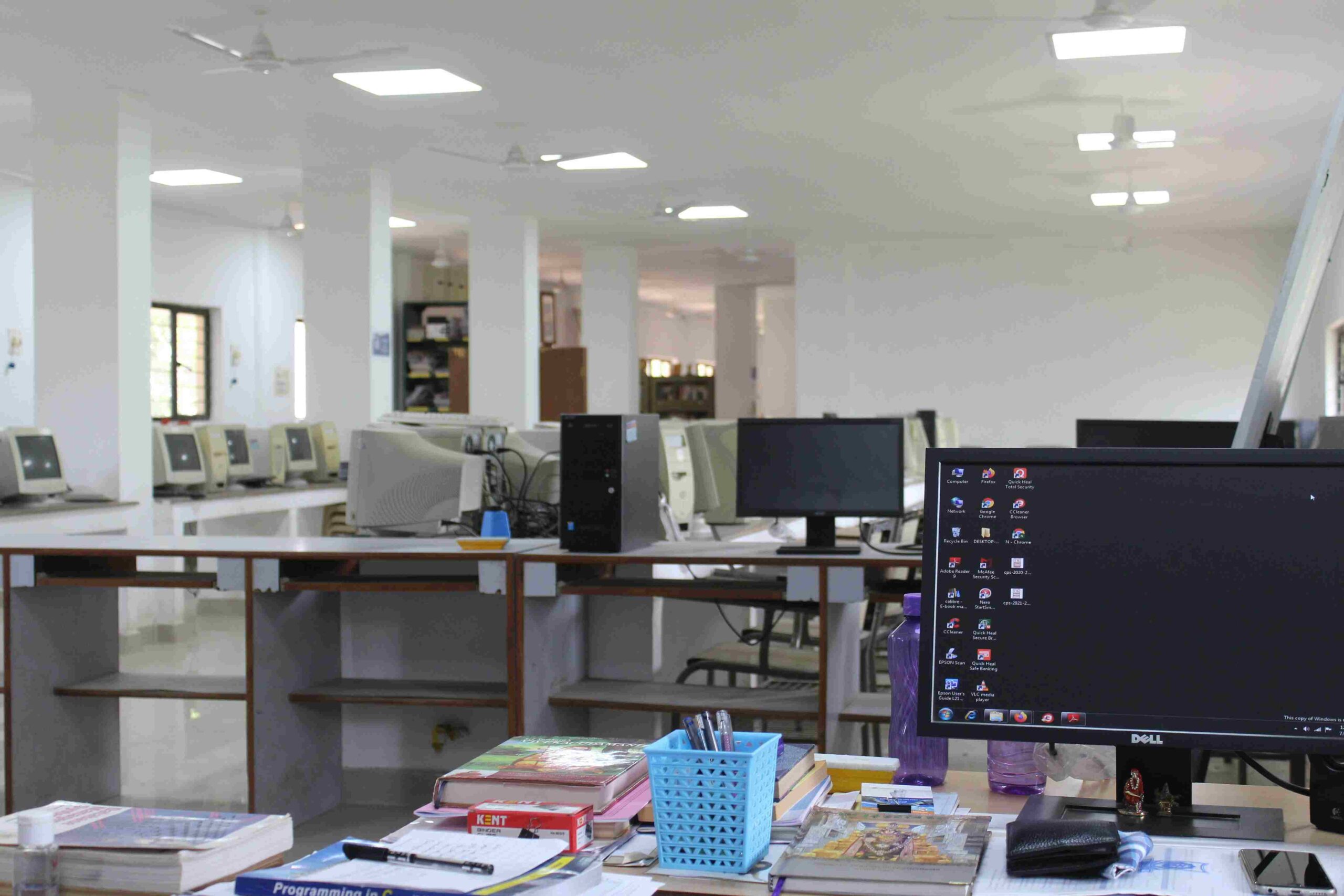The United Arab Emirates (UAE) has emerged as one of the fastest-developing business centers globally. Having over 40 committed free zones in the seven emirates, entrepreneurs and investors are able to enjoy a variety of options in forming companies. Among the many business setup options available, free zone company setup in UAE has become the most preferred route for international investors due to its flexibility, benefits, and cost-effectiveness.
This blog will explain why free zones are so popular, factors to consider when choosing one, and provide a list of UAE free zones to help you make the best decision for your business.
Why Free Zone Company Setup in UAE is Popular
A free zone company setup in UAE offers unique advantages that are not available under mainland regulations. Free zones were established to encourage foreign investment and diversify the economy, and today they account for a large share of the UAE’s private sector businesses.
The main benefits include:
- 100% Foreign Ownership: Investors can own their companies entirely without requiring a local sponsor.
- Tax Exemptions: A majority of the UAE freezones provide long-term corporate and personal income tax exemptions.
- Simplified Business Setup: The free zones have quicker and simpler licensing and registration of businesses than the mainland.
- Access to International Talent: Free zones simplify visa application procedures, and it becomes easier to get skilled professionals globally.
- Strategic Locations: There are numerous zones being located close to ports and airports, enabling smooth trade links.
UAE government statistics show that almost 90 per cent of new foreign firms prefer to establish in free zones because of the convenience of establishment and accessibility internationally.
Key Factors to Consider Before Freezone Business Setup UAE
Choosing the right free zone can make or break your business journey. While the benefits are clear, here are crucial factors you must analyze before proceeding with freezone business setup UAE:
- Cost of Incorporation
The price of establishing a company differs depending on the emirate. Registration in Sharjah may begin from AED 7,000, whereas in Dubai, it typically begins from around AED 12,000. Other costs might involve visa allocations, office rent, and renewals of licenses.
- Business Activity
Different free zones are designed for different industries.
For instance, DMCC is ideal for commodity trading, while DIFC is tailored for banking and financial services. If you’re into creative industries, Sharjah Media City (Shams) may be the right choice.
- Location and Infrastructure
The location plays a major role in logistics and customer access. Import/export companies should choose free zones close to ports, while service-based businesses may prefer central hubs with modern office infrastructure.
- Labor Market Access
Since many professionals reside in Sharjah or Ajman for lower living costs, selecting a free zone in these areas can reduce overheads if your company relies on affordable labor.
List of Free Zones in UAE
The list of UAE free zones and their specializations is as follows:
- Dubai Multi Commodities Centre (DMCC): It focuses on the commodities of gold, diamonds, and tea, and its blockchain ecosystem is developing.
- Dubai International Financial Centre (DIFC): An international centre of finance, fintech, and investment companies.
- Sharjah Media City (Shams): Ideally designed to fit creative sectors, freelancers, and startups.
- Ras Al Khaimah Economic Zone (RAKEZ): Delivers flexibility in business packages across 50-plus sectors.
- Sharjah Publishing City (SPC): A unique publication and educational hub that has two licensing alternatives.
- Masdar City Free Zone: Known to be clean-tech and renewable energy focused in Abu Dhabi.
- Meydan Free Zone: It is located at the heart of Dubai and provides consulting, commercial, and media licenses at minimal costs.
The list of free zones in UAE is continuously expanding, and the latest ones are based on developed technologies, e-business, and environmentally-friendly industries.
Common Mistakes in UAE Free Zone Business Setup
Although the UAE free zone business setup is a simplified procedure, there are pitfalls that should be avoided:
- Skipping Research: The failure to research the target market, competitors, and opportunities may lead to a waste of resources.
- Choosing the Wrong Jurisdiction: There are different rules governing each free zone; picking the wrong one can limit your operations.
- Incorrect Business Activity Selection: Your license should be aligned with your activity of choice, or you are likely to have compliance problems.
- DIY Approach: Trying to navigate the setup alone can be overwhelming. Professional consultants can save you time and money.
Step-by-Step Guide to Freezone Company Setup UAE
A simplified step-by-step guide to freezone company setup UAE is as follows:
- Define Your Business Activity: Find the appropriate free zone to match your operations.
- Select a Free Zone: Choose shared workspaces, individual office, or warehouses.
- Decide Office Requirements: Pick between shared workspaces, private offices, or warehouses.
- Apply for a License: Submit the documents and receive the free zone license.
- Apply for Visas: Investor and employee visas can be processed directly through the free zone.
- Open a Bank Account: Most zones have banking partnerships to simplify account opening.
- Launch Operations: Start trading, giving services, or expanding your business.
Many free zones UAE can incorporate a company in as little as 3–5 business days, making it one of the fastest jurisdictions globally.
Benefits of Free Zones UAE
In addition to the incorporation speed and tax benefits, free zones UAE have other advantages:
- The opportunity to network with other similar businesses.
- Support for innovation in fields like fintech, AI, and sustainability.
- Government-supported policies and infrastructure that encourage international investment.
Such characteristics render free zones a driver of the growth in the UAE economy.
Conclusion
Overall, determining the appropriate free zone company setup in UAE takes research, planning, and alignment with your business objectives. The UAE has an excellent selection of free zones, such as the low-cost creative Shams, to the global financial DIFC center, to cover an entire range of industries. In this way, focusing on costs, location, availability of labor, and specialization of the industry, you are able to choose the appropriate jurisdiction to succeed in the long term.
The UAE is among the most attractive investment locations in the world due to its friendly policies towards investors, well-developed infrastructure, and emphasis on innovation. A properly selected free zone company set up UAE is not only a guarantee of a smooth start, but it also helps your business to grow in the long run in a competitive world market.


